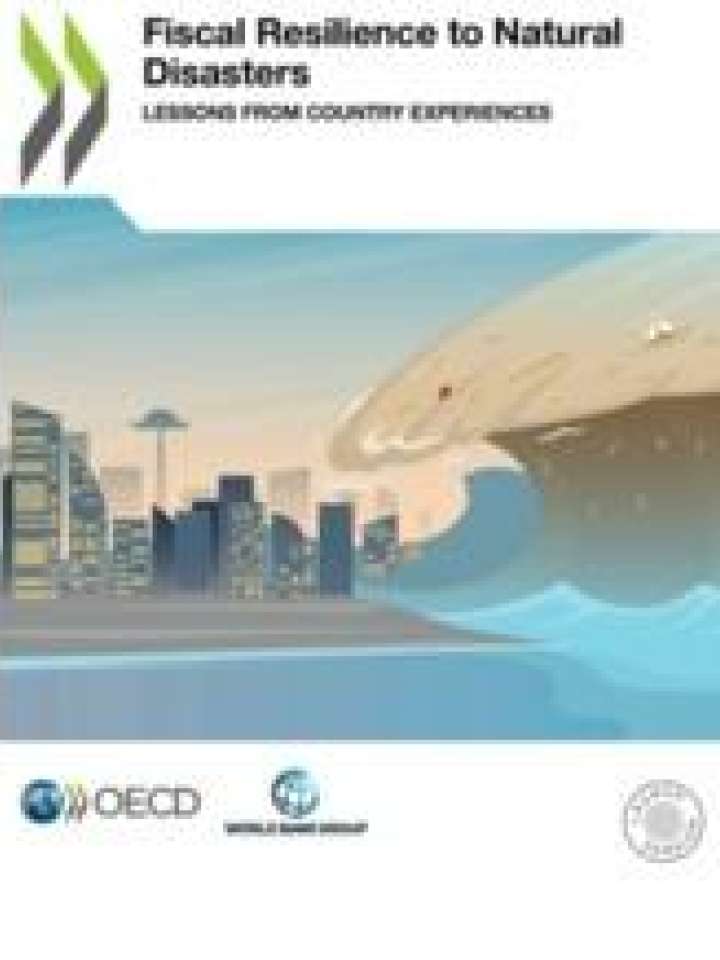Fiscal resilience to natural disasters: Lessons from country experiences
This joint report by the OECD and the World Bank takes stock of how a sample of governments in OECD and non-OECD countries manage the implications of natural disasters for public finances. The report draws on a set of nine in-depth case studies, completed through a survey gathering views directly from policy makers in all countries.
Findings of the country cases confirm that for many countries, the rehabilitation of damaged public assets is one of the largest drivers of disaster-related contingent liabilities. Central government support to local governments, often ad hoc and unplanned, can create large implicit contingent liabilities. The research and analysis in this report will support government officials with practical lessons and insights in more proactively managing these liabilities.
Despite efforts to set clear rules for assistance and compensation for losses, disaster-related liabilities tend to rise beyond what many governments have committed to pay, especially when extreme events occur. The capacity of governments to assess and quantify the expected expenditure, creating conditions that support resilience, sound fiscal planning, and pre-arranging financial mechanisms to cost-efficiently meet losses that cannot be reduced, determines the experiences of governments when faced with a shock.
This report will be of interest to public officials, financial planners, disaster risk specialists, business communities, and a general public that consider the inclusion of disaster-related contingent liabilities in fiscal planning, strengthening public and private finance strategies and increasing the transparency and reliability of the financial shock.
Explore further
